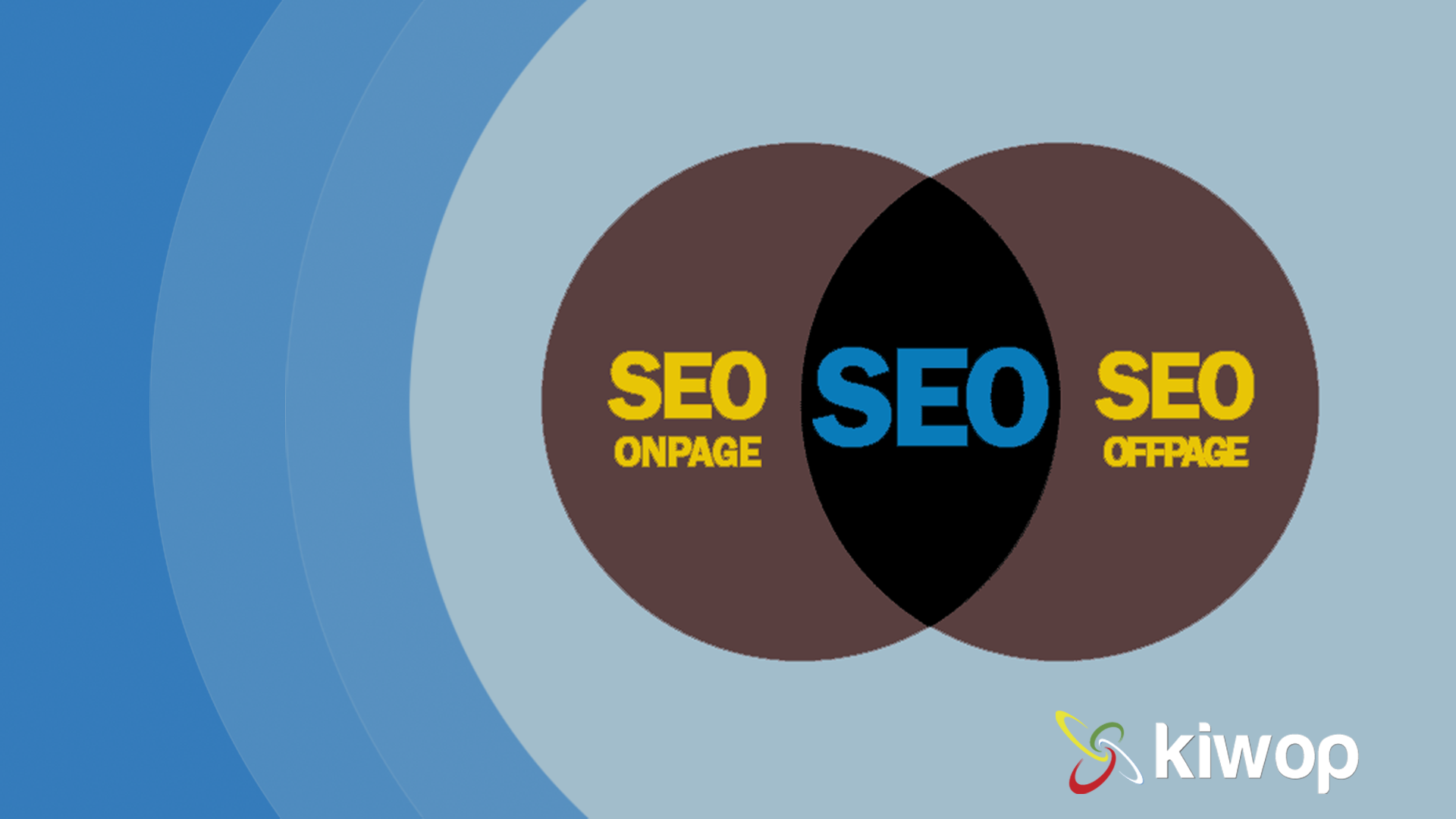Before we begin: a brief summary of what is SEO
What is On-page SEO
These are the elements that make up On Page SEO
Keywords
Page titles: H1, H2, H3
Title, Meta Description and URL
Optimize images
- When writing your blog or website content , always remember to include keywords from time to time. This way you will position yourself even more.
- The creation of internal links: that go to other articles of your blog or pages of your website.
- Create the Robots.txt file.
- Submit the Sitemap file to Google.
- Optimize the loading speed of your website. At this article you can read why it is so important to have a fast website for SEO.
